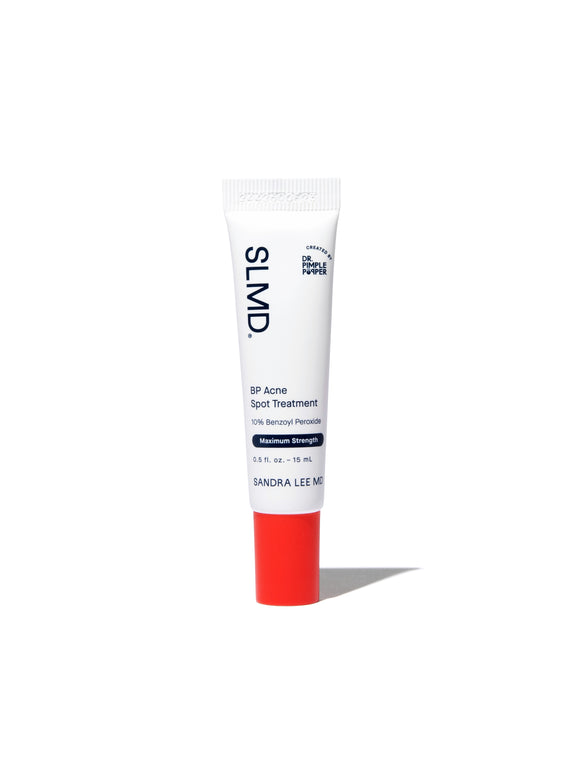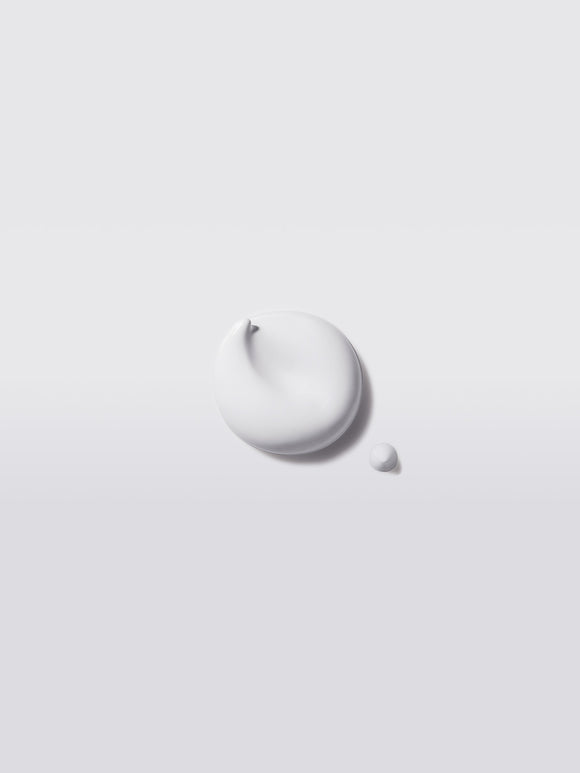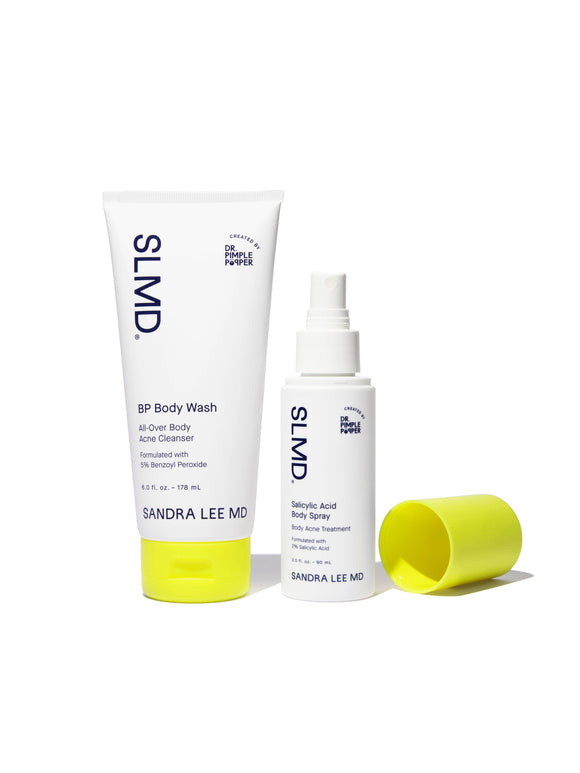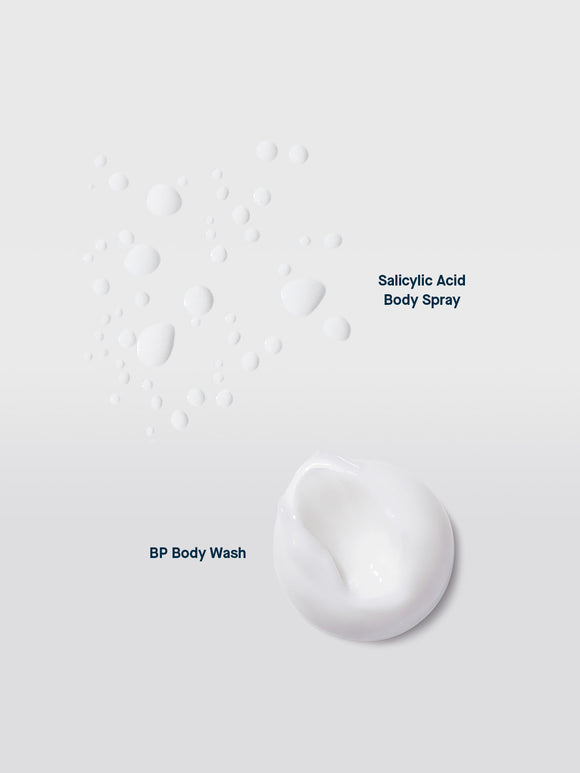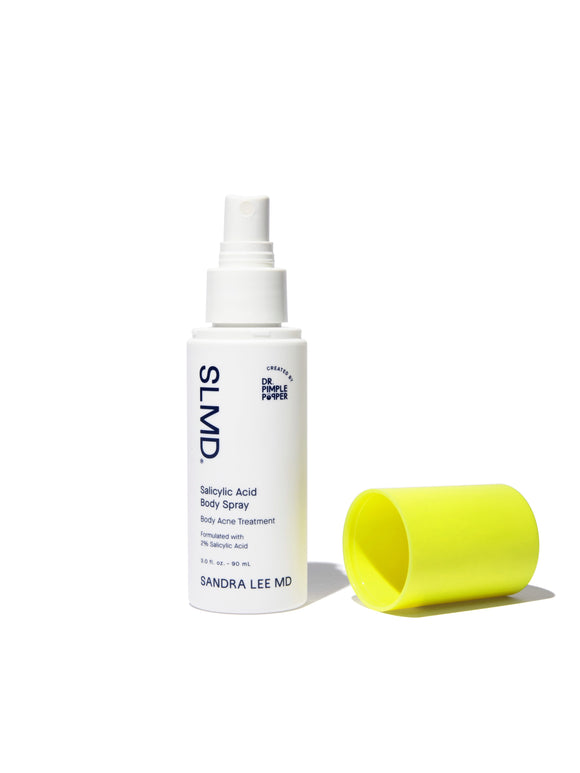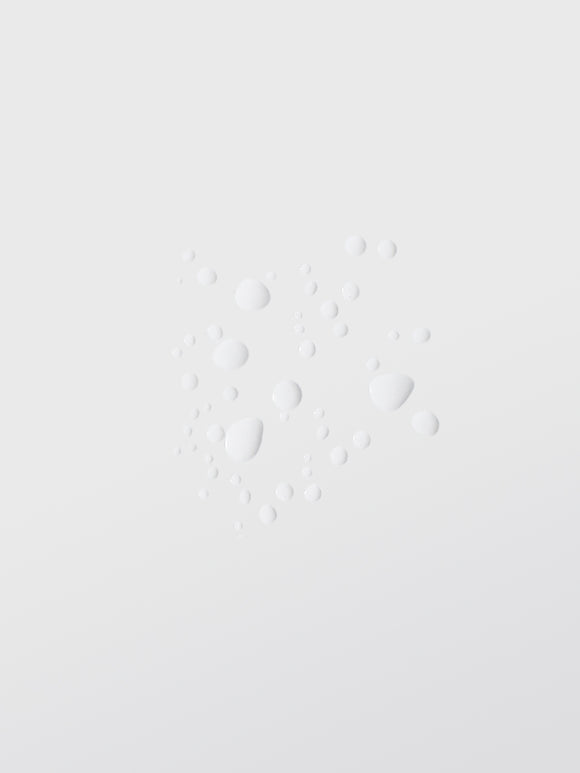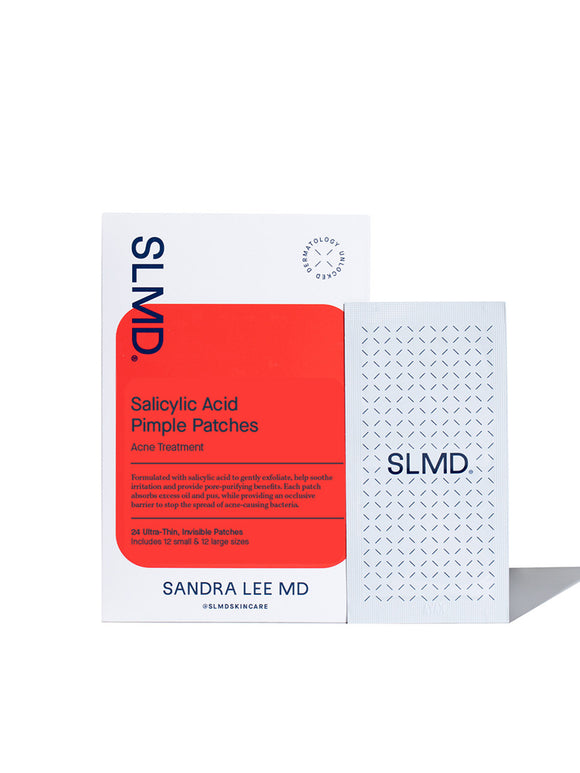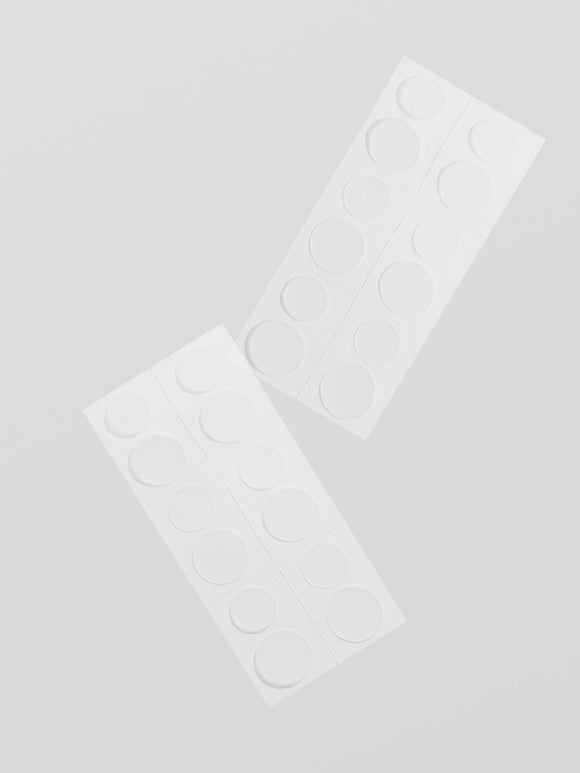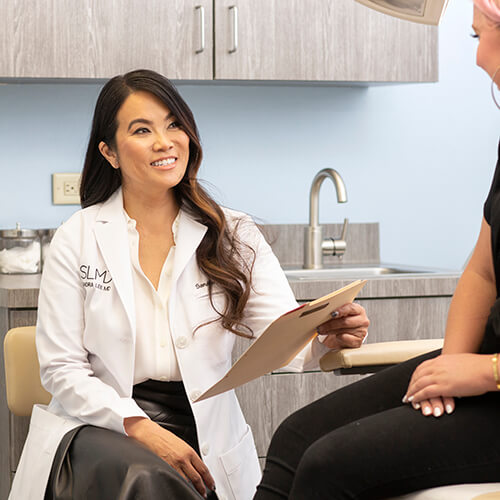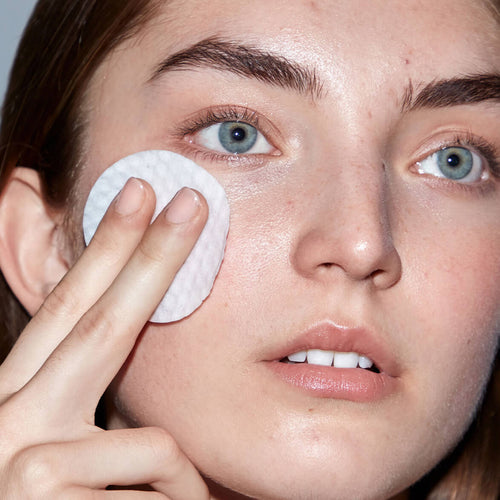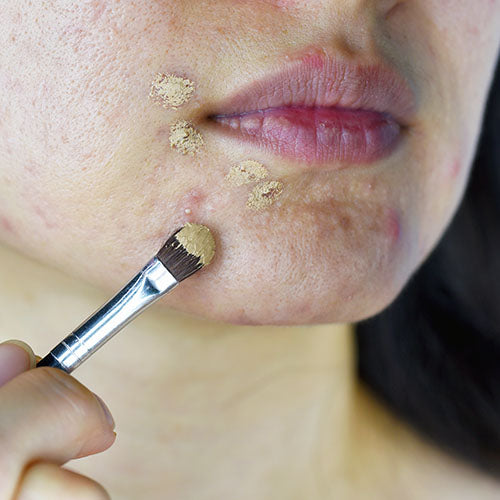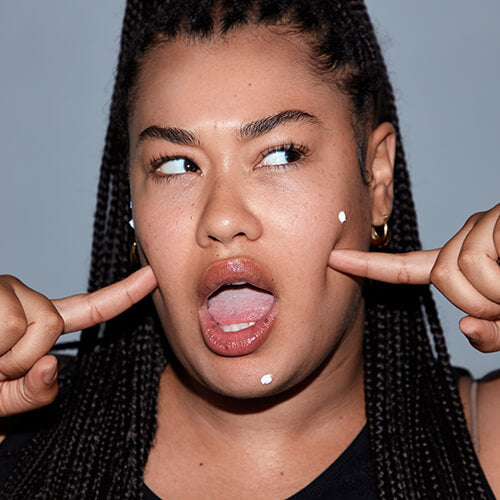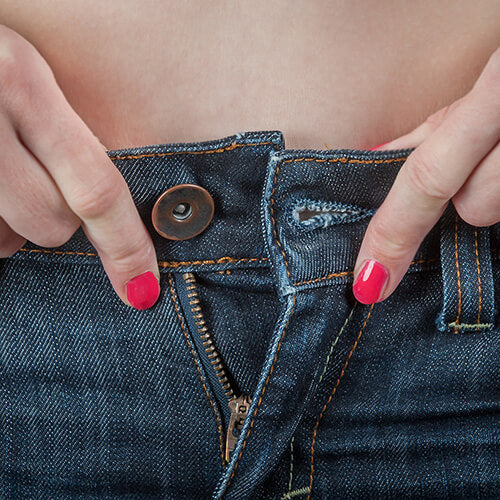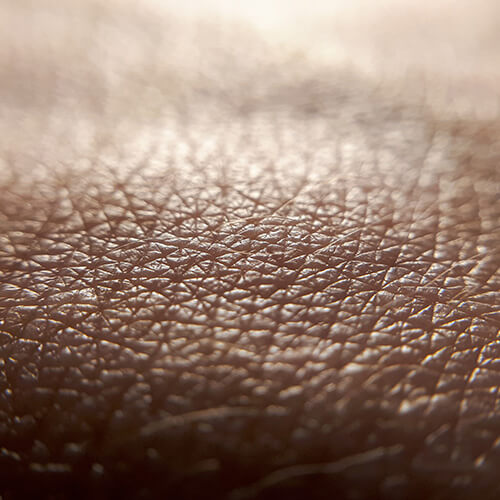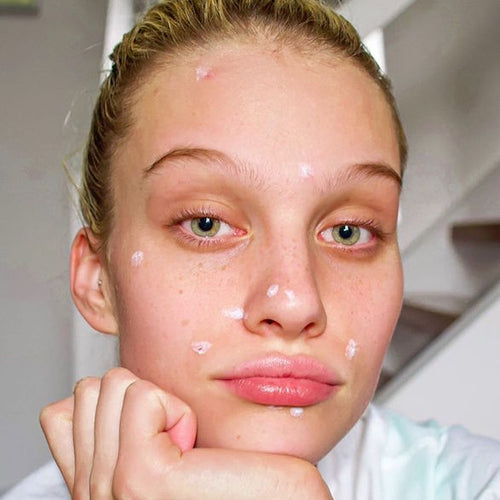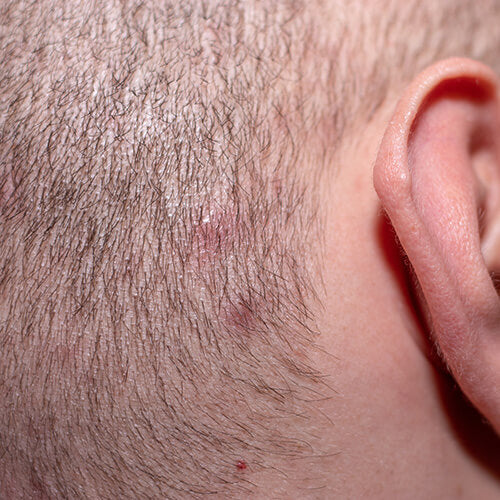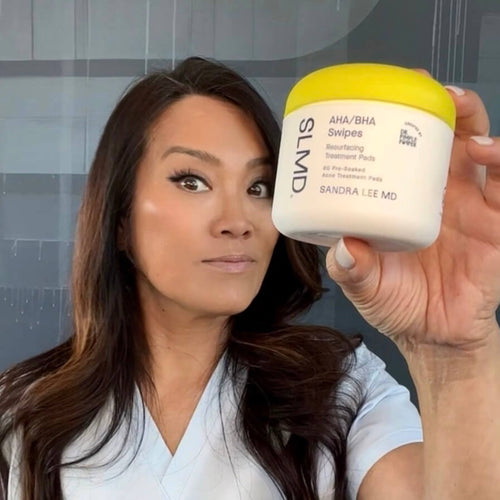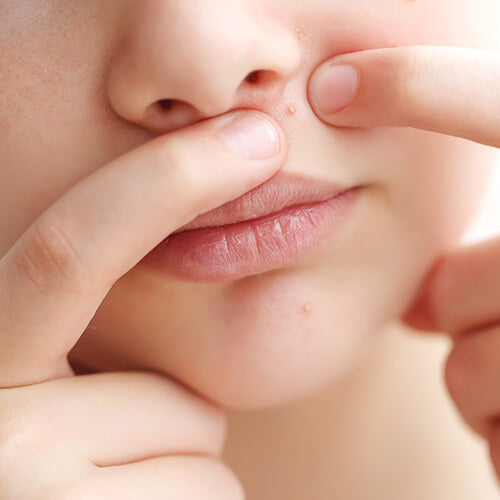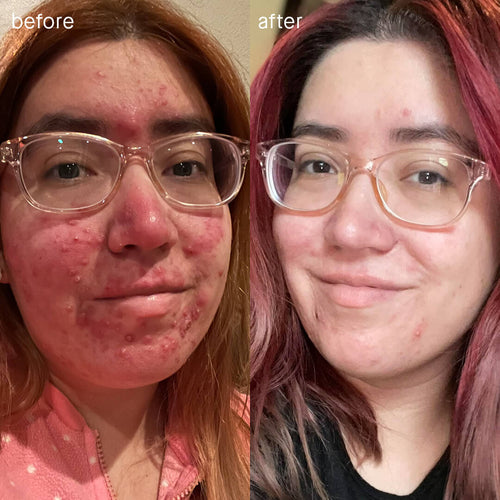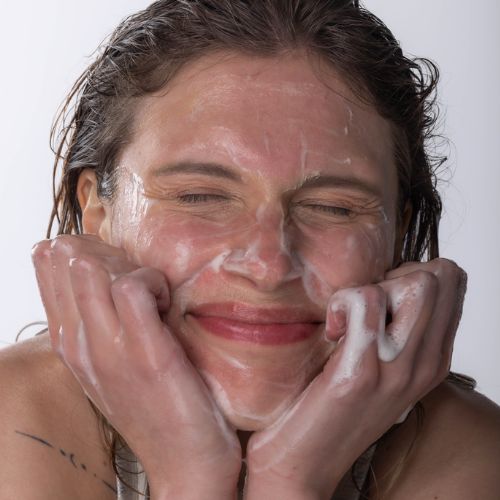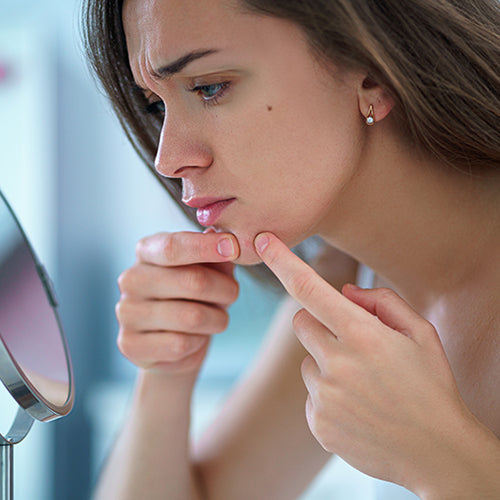
Why Am I Breaking Out? 6 Hidden Acne Triggers You’re Overlooking
What to look out for when pimples suddenly start popping up — and what you can do about it, asap.
Published:
4 minute read
Breakouts can feel unpredictable. One week your skin is calm, the next you’re dealing with flare-ups that seem to come out of nowhere. According to dermatologist Sandra Lee, MD (aka Dr. Pimple Popper), there’s almost always a reason — but it isn’t always the obvious ones.
The truth is, it’s not just the well-known triggers like skipping face wash, pore-clogging products, or stress. Everyday habits you hardly think about can also play a role in triggering breakouts — and because they fly under the radar, they’re often the hardest to stop. Here, we’re breaking down some of the less obvious causes of acne, along with practical solutions to help keep your skin clear.
Fast Facts: why breakouts happen randomly
- Everyday habits (like touching your face or skipping laundry) can spread acne bacteria.
- Overdoing skincare may actually trigger pimples instead of preventing them.
- Sweat, hair products, and even stress can all set off flare-ups.
Touching your face: how hands spread acne-causing bacteria
Does touching your face cause acne? Not directly — but your hands carry dirt, oil, and bacteria that can make acne worse. Picking, squeezing, and scratching transfer germs and trigger inflammation, which can lead to more pimples and even scarring.
Fix it: Train yourself to keep hands off your skin. If a pimple is too tempting, apply a salicylic acid spot treatment for blackheads and whiteheads, or a benzoyl peroxide lotion for inflamed pimples. Even pimple patches can double as a physical barrier to help you stop touching. Three to try from SLMD:
Skincare mistakes that trigger breakouts
Can your skincare routine cause acne? Yes, especially if you’re over-exfoliating or layering too many strong ingredients. Harsh scrubs and cleansing brushes can spread bacteria and irritate pores. Using actives too often can strip your barrier, causing rebound oil production and fresh breakouts.
Fix it: Simplify. Stick to the basics: an acne-fighting cleanser (with salicylic acid), a benzoyl peroxide treatment to target bacteria, and a moisturizer to protect skin. Consistency is more powerful than layering every product onto your face.
Try: SLMD Salicylic Acid Cleanser, Benzoyl Peroxide Acne Lotion, Hyaluronic Acid Moisturizer, Acne System
Sweat and clothing: preventing post-workout acne
Why do I break out after working out? Sweat itself doesn’t cause pimples, but tight, damp clothing traps heat, oil, and bacteria — the perfect recipe for body acne. This is often called post-workout acne.
Fix it: Change out of sweaty clothes ASAP and shower right after exercise. Use an acne body wash with benzoyl peroxide to prevent breakouts on the chest, shoulders, and back. If you can’t rinse off right away, a salicylic acid body spray can help keep pores clear until you do.
Try: SLMD BP Body Wash, Salicylic Acid Body Spray, Body Acne System
Everyday items that can cause acne flare-ups
Can my phone give me acne? Yes. Pressing a dirty screen against your cheek transfers bacteria and oil, leading to pimples (sometimes called cell phone acne).
Can dirty pillowcases cause breakouts? Absolutely. Pillowcases and towels absorb oils, dead skin, and bacteria that cycle back onto your skin.
Fix it: Wipe down your phone daily with alcohol or screen-safe wipes. Wash pillowcases weekly (more often if you have oily skin). Towels should be swapped out after just a few uses. These small habits make a big difference for preventing acne.
Dr. Pimple Popper's Top Acne Solutions
Hair products and hairline breakouts
Why do I get pimples near my hairline? Shampoos, conditioners, and styling products often contain silicones, sulfates, and heavy oils that clog pores when they migrate onto skin. This is especially common if you have bangs or use leave-in products.
Fix it: Check ingredient labels for comedogenic oils, sulfates, and fragrance. Switch to lighter, non-comedogenic options. After styling, gently cleanse or rinse areas where product could have touched your skin.
Read our blog about scalp acne to learn more.
Lifestyle factors: why stress can trigger acne
Can stress really cause acne? Yes. Stress hormones like cortisol can increase oil production and trigger inflammation, making pimples more likely. Stress also makes us touch our faces more, sleep less, and eat differently — all of which contribute to breakouts.
Fix it: While you can’t eliminate stress, you can manage its impact. Prioritize sleep, hydrate, and keep your skincare routine consistent. These habits not only help prevent stress acne but also promote healthier, clearer skin overall.
When random breakouts need a dermatologist
If your breakouts are cystic, painful, or persistent, it’s time to see a dermatologist. Adult acne can sometimes be linked to hormonal shifts, medications, or underlying conditions that require prescription-strength treatment.
Key takeaways: why breakouts aren’t random
- Most “random” pimples trace back to hands, skincare mistakes, sweat/clothing, everyday items, hair products, or stress.
- Small habit changes — like washing pillowcases more often, wiping down your phone, or simplifying your routine — help prevent flare-ups.
- A consistent acne system with proven ingredients (salicylic acid, benzoyl peroxide, moisturizer) is the best way to keep skin balanced and breakout-free.
- If acne is stubborn, painful, or cystic, it’s time to see a dermatologist for stronger treatment.

Dr. Lee's Last Word
Breakouts may seem random, but they always have a cause. The best way to keep skin clear is to be consistent with a simple acne routine that targets the basics every day. If you don't see results, talk to your dermatologist.





